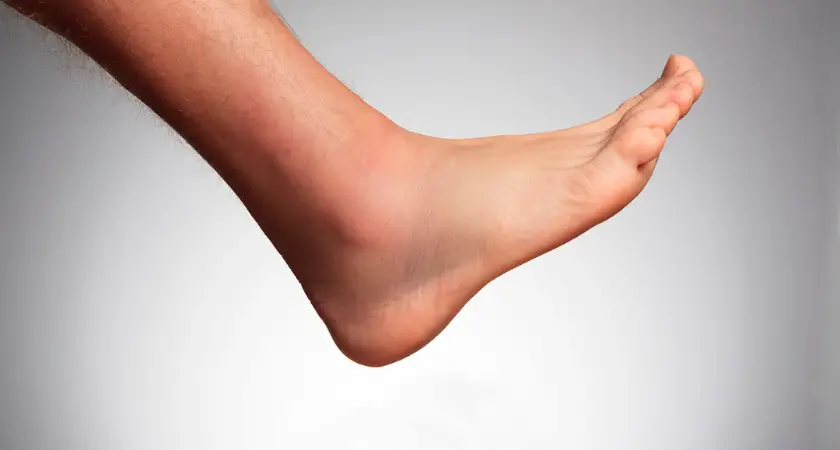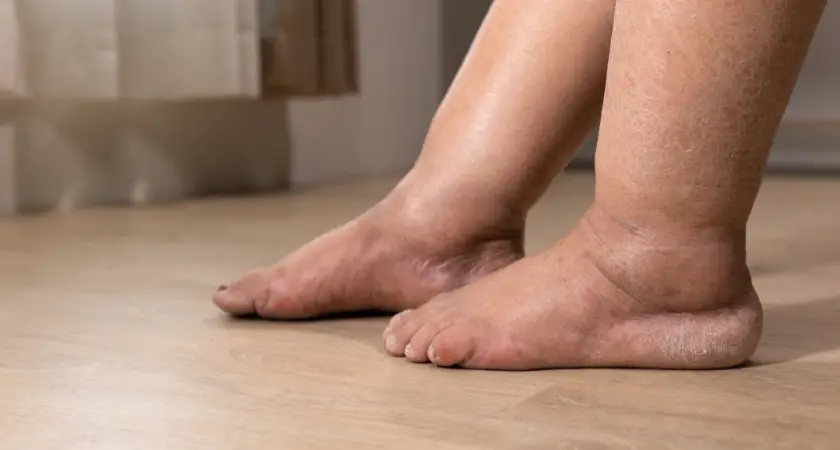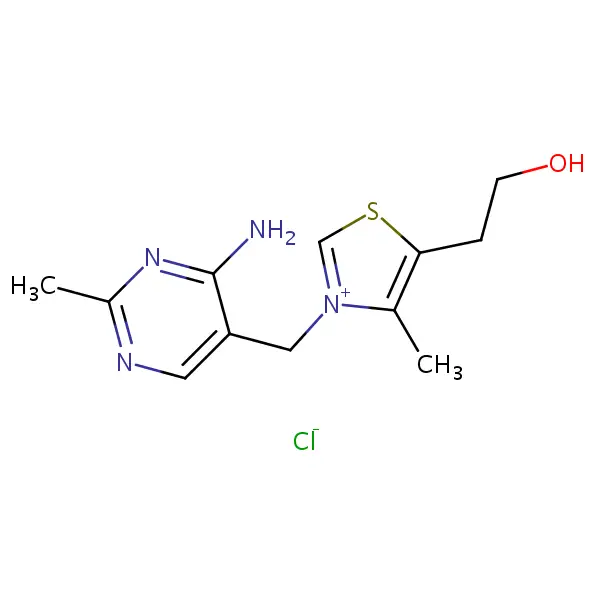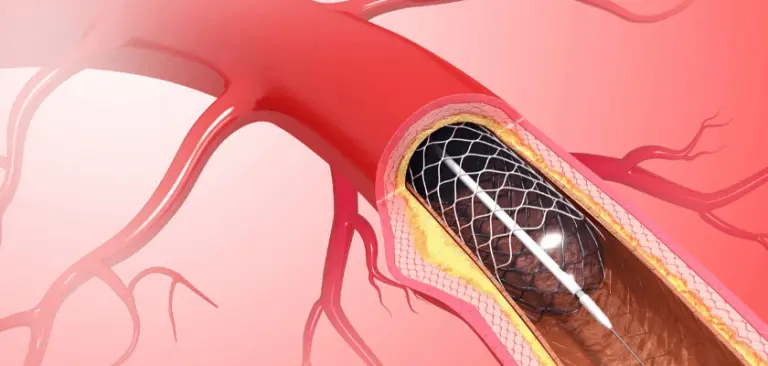Thiamine Deficiency and the Link to Fluid Retention

Thiamine Deficiency and Fluid Retention
Thiamine, also known as Vitamin B1, plays a vital role in our body. It helps in the conversion of food into energy and is essential for the proper functioning of our muscles and nerves. But what happens when there is a lack of thiamine? How does it connect with fluid retention? Let’s explore this in simple terms.
Understanding Thiamine Deficiency
What is Thiamine Deficiency?
Thiamine deficiency is when there is not enough Vitamin B1 in the body. This can lead to several health problems.
Causes of Thiamine Deficiency:
- Poor Diet: Not eating enough foods that contain thiamine, like whole grains, nuts, and meat.
- Alcohol Abuse: Alcohol can make it hard for the body to absorb thiamine.
- Medical Conditions: Some diseases and medications can affect thiamine levels.
- Gastric Bypass
- Gall Bladder Surgery
- Diabetes

Symptoms of Thiamine Deficiency:
- Tiredness and weakness
- Numbness in the arms and legs
- Memory problems
- Difficulty walking
- Muscle pain
- Vision problems
- Fluid retention
- Gastroparesis, SIBO, Acid Reflux
- Palpitations
- Low Blood Pressure
In extreme cases, it can lead to a serious condition called beriberi.
Thiamine Deficiency and Fluid Retention
What is Fluid Retention?
Fluid retention means the body is holding onto more water than usual. This can cause swelling in parts of the body like the legs and feet.
How Does Thiamine Deficiency Cause Fluid Retention?
- Impact on the Heart: Thiamine is important for the heart. A deficiency can lead to heart failure, where the heart can’t pump blood properly. This can cause fluid to build up in the body.
- Impact on the Kidneys: The kidneys need thiamine to work well. If they don’t work properly, they may not remove extra fluid from the body.

Why Thiamine Influences Fluid Retention
Thiamine’s Role in Cellular Function
1. Energy Production:
Thiamine is essential for energy production within cells. It helps in the conversion of carbohydrates into energy, which is necessary for all bodily functions. This includes the pumping action of the heart and the filtration process in the kidneys.
2. Nerve Function:
Thiamine plays a role in nerve impulse transmission. A deficiency can cause nerve problems, affecting the communication between various organs, including those responsible for fluid balance.
Thiamine’s Influence on Specific Organs
1. Heart Function and Fluid Retention:
- Thiamine and the Heart: Thiamine helps the heart muscles contract and pump blood to various parts of the body. A deficiency may weaken the heart muscles, leading to heart failure.
- Fluid Retention in Heart Failure: When the heart can’t pump efficiently, blood can back up into the veins. This increases pressure in the blood vessels, forcing fluid out into the surrounding tissues, leading to swelling or fluid retention.
2. Kidney Function and Fluid Retention:
- Thiamine and the Kidneys: The kidneys are responsible for filtering out waste and excess fluids from the blood. Thiamine is necessary for the proper function of the kidney cells.
- Fluid Retention in Kidney Malfunction: If the kidneys are not working properly due to a thiamine deficiency, they may fail to remove excess fluids. This leads to fluid retention in the body.
Thiamine Deficiency in Specific Conditions
1. Beriberi:
- Wet Beriberi: This is a type of beriberi that affects the cardiovascular system. It leads to heart failure and fluid retention.
- Dry Beriberi: This affects the nervous system but may also indirectly contribute to fluid balance issues.
2. Alcoholism:
- Thiamine Absorption: Chronic alcohol consumption can interfere with the absorption of thiamine, leading to a deficiency.
- Alcohol and Fluid Retention: Alcohol can also directly cause fluid retention by affecting the balance of hormones that help regulate fluids.
Treatment and Prevention of Thiamine Deficiency
Eating a Balanced Diet: Including foods rich in thiamine like whole grains, meat, and fish.
Taking Supplements: If needed, a doctor may suggest thiamine supplements. If you supplement B1, make sure you take a B complex and plenty of magnesium. Potassium is also a co-factor.


Avoiding Excessive Alcohol: Drinking alcohol in moderation, as too much can affect thiamine levels.
Regular Medical Check-ups: If you have a condition that puts you at risk, regular check-ups can help catch thiamine deficiency early.
Conclusion
Thiamine deficiency and fluid retention are closely connected. Lack of thiamine can impact the heart and kidneys, leading to fluid buildup in the body.
Eating a balanced diet, moderating alcohol, and regular medical care can help prevent and treat thiamine deficiency, reducing the risk of fluid retention.
If you notice any symptoms, it’s always best to consult a healthcare provider, as they can provide proper diagnosis and treatment.
Related Articles
Best transport wheelchair
Manuka Honey for IBS
Medications to treat coronary artery disease
Magnesium and heart palpitations
References
https://www.ncbi.nlm.nih.gov/books/NBK482360/
Phyllis Robinson MSN, RN is a Registered Nurse of 27 years. Phyllis is passionate about the prevention and healing of heart disease using traditional and alternative methods. She has experience in emergency room, telemetry, infusion, and critical care. Phyllis currently practices in an intensive care unit.






